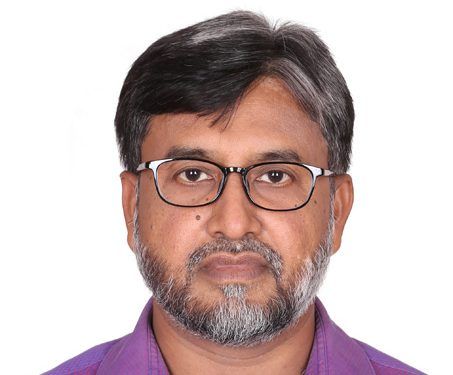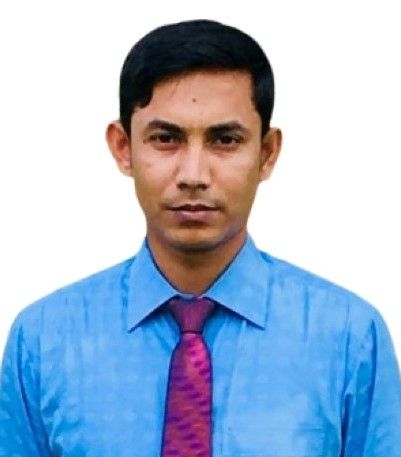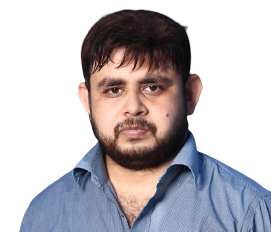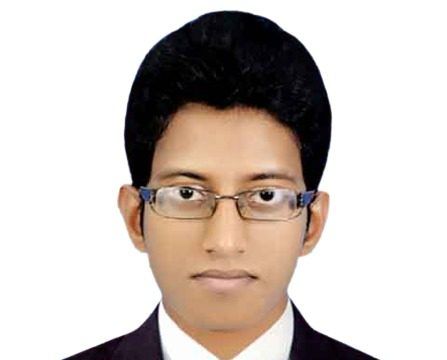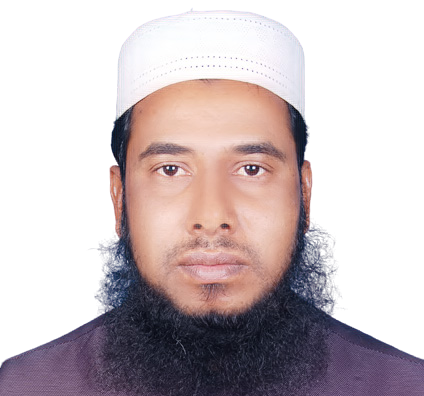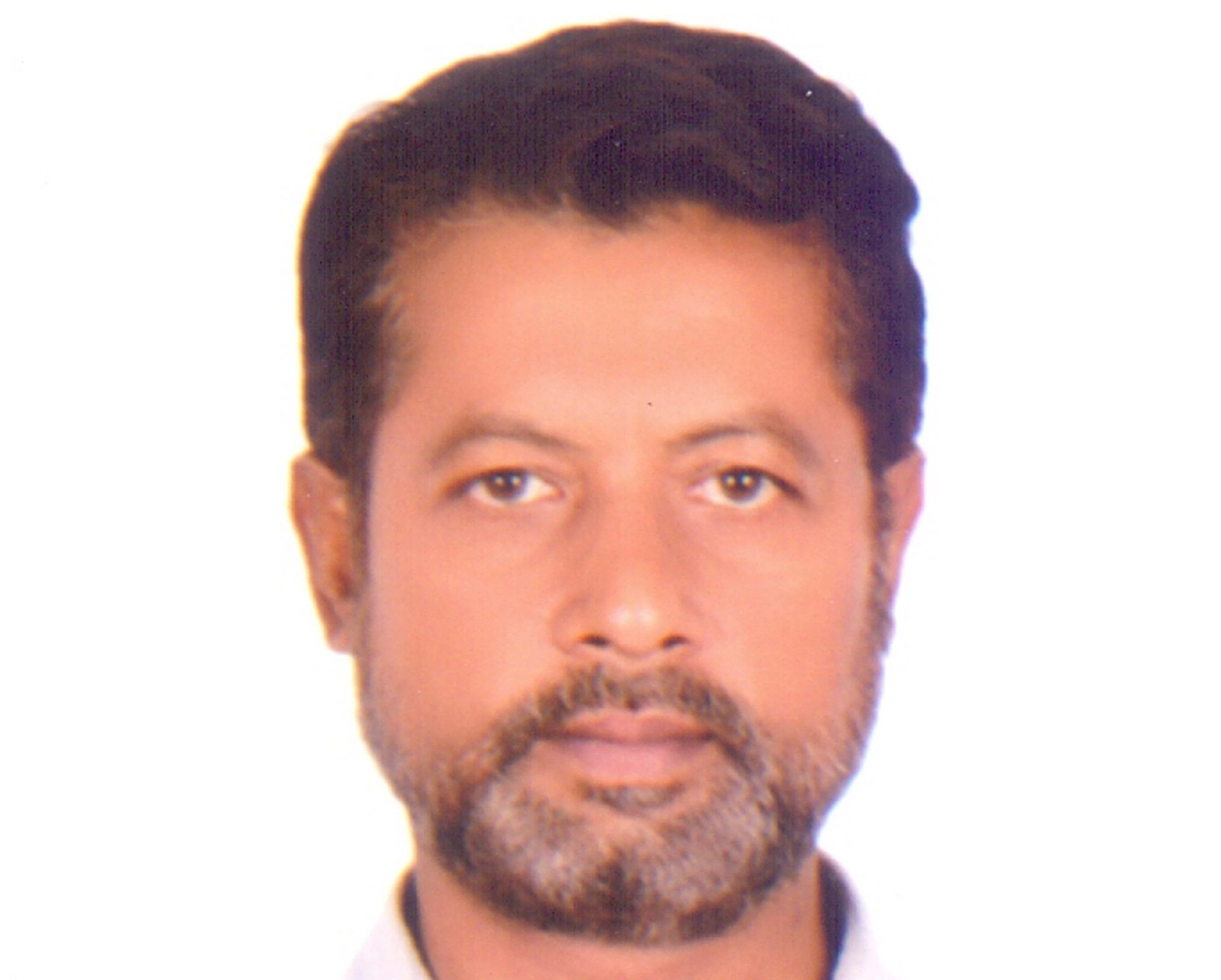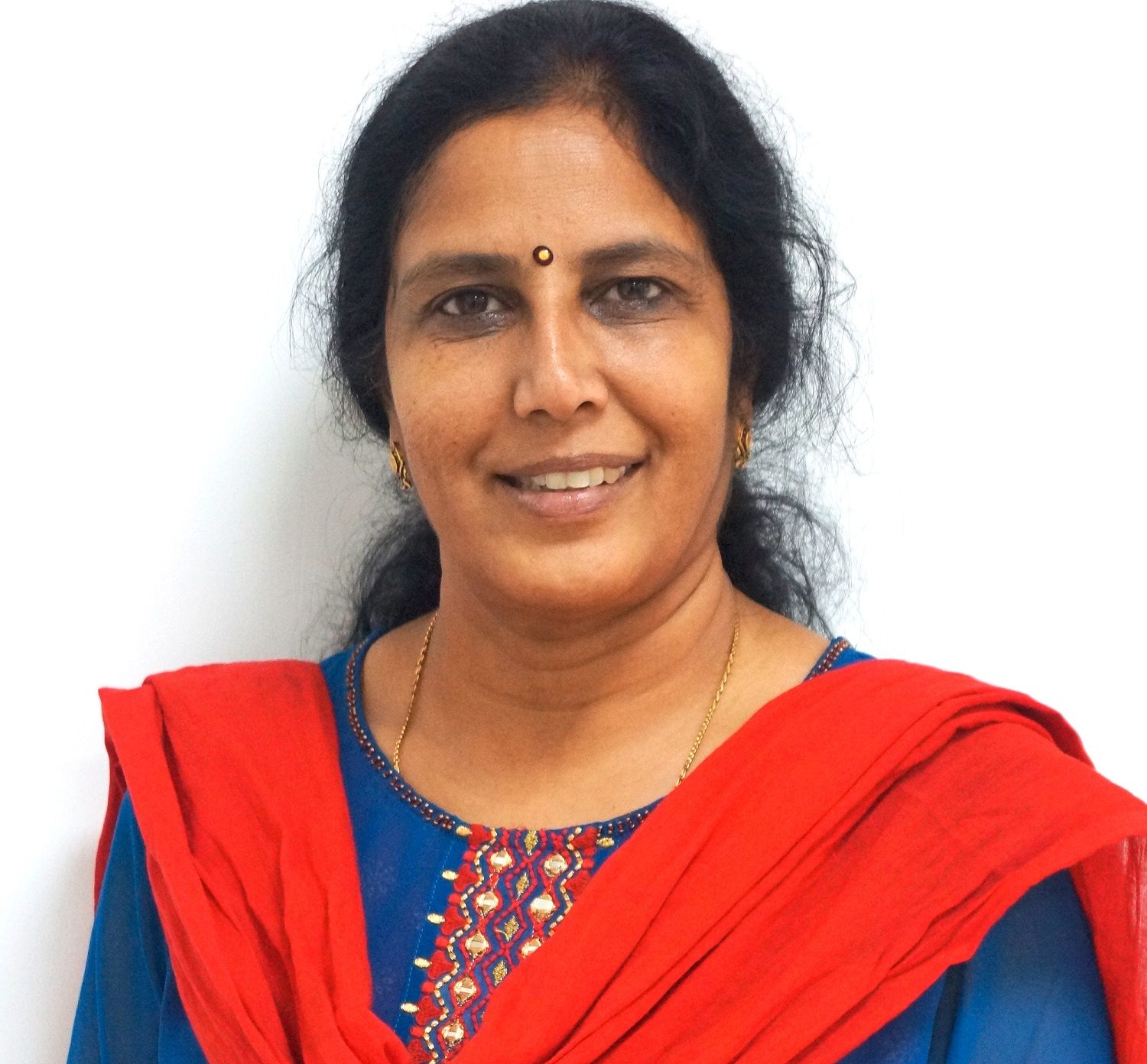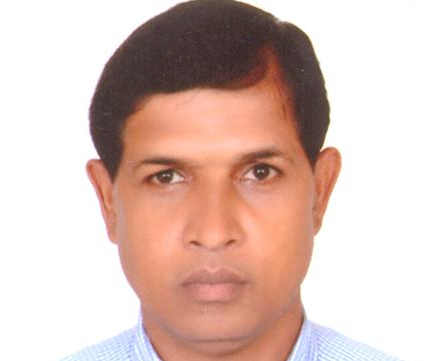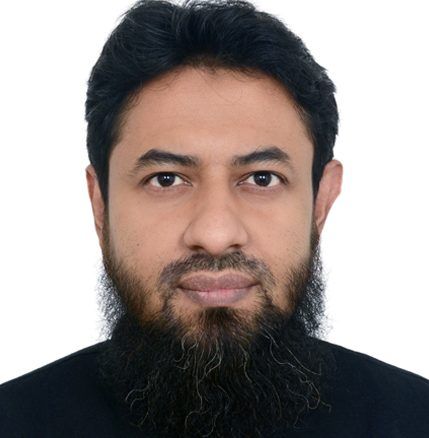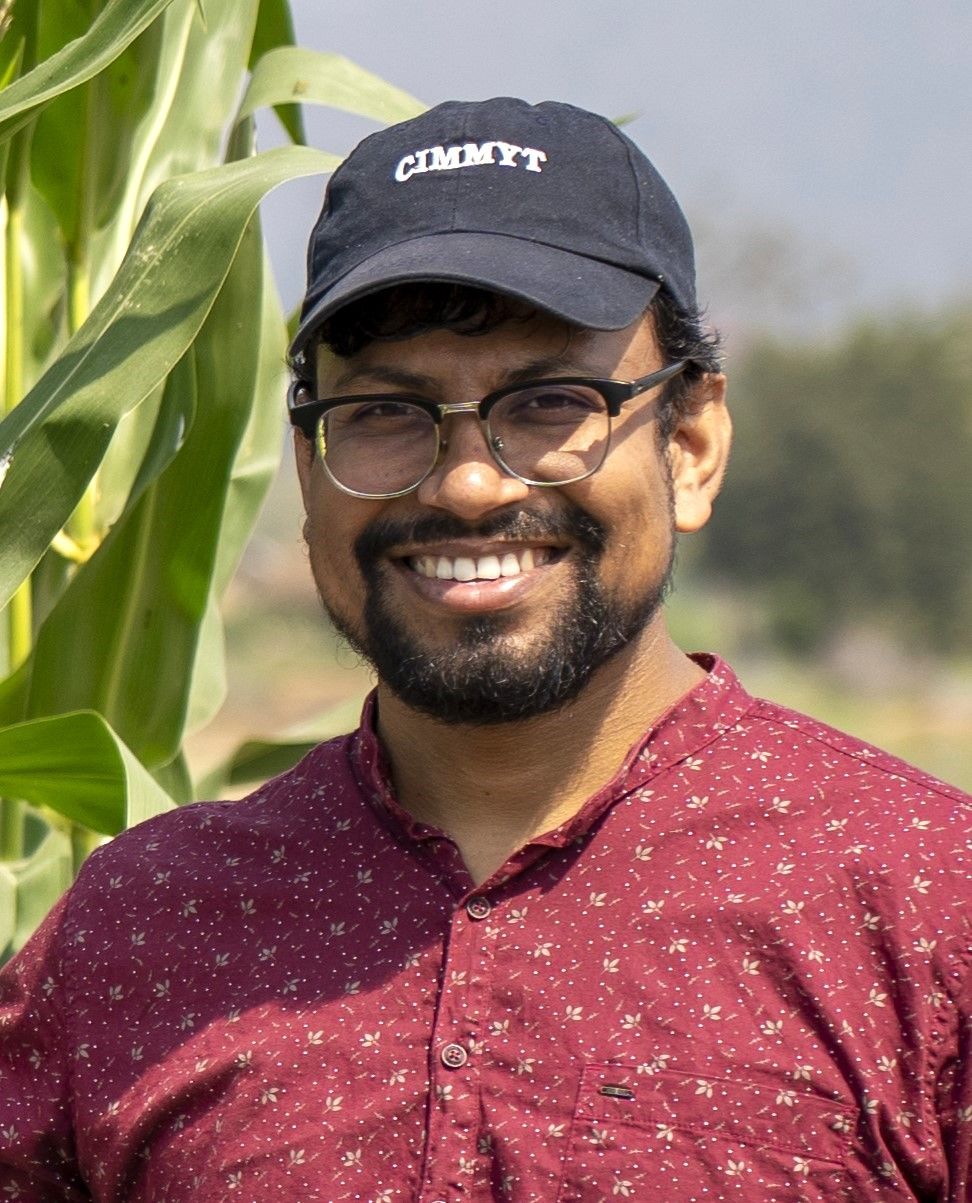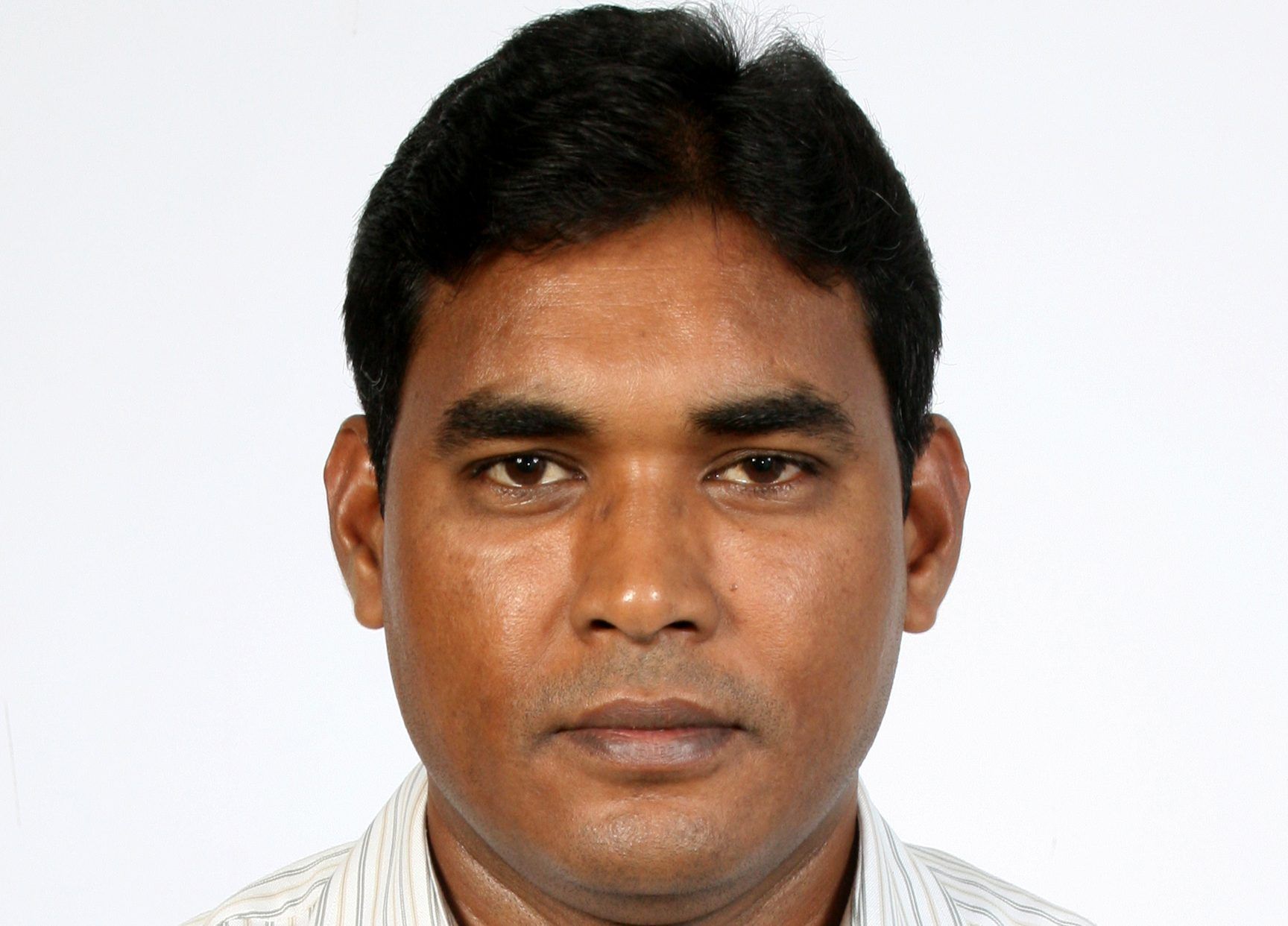Md. Saiful Islam
Saiful Islam is a Research Coordinator and Cropping Systems Agronomist with the Innovation Science for Agroecosystems and Food Systems in Asia research theme in CIMMYT’s Sustainable Agrifood Systems (SAS) program in Bangladesh.
Currently, he has experiments run by local collaborators at over 50 farmers’ fields in the north-west region of Bangladesh. Capacity development with researchers, extension agents, and farmers is an important part of the team’s work. He and their team share results through publications, ranging from scientific articles to extension leaflets, and scale recommendations for farmers through the innovation networks.
Islam works closely with farmers, farmer organizations, national and international non-governmental organizations, and agricultural research and development institutions to help rural people with food and nutritional security for a given community.
